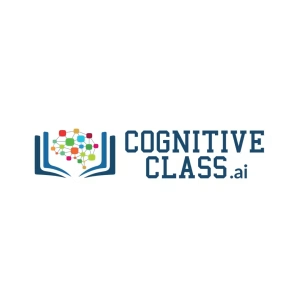Data Science
Showing 589–600 of 1577 results

Exploratory Data Analysis with Python
Dive into Exploratory Data Analysis (EDA) using Python. Learn the core EDA techniques for cleaning, visualizing, and summarizing data, and gain practical experience with Python libraries like Pandas, Matplotlib, and Seaborn.

Exploratory Data Analysis with R
Learn how to perform exploratory data analysis with R to complete day-to-day developer tasks.

Explore Alteryx Designer Tools: Browse, Input Data, Output Data, Text Input
This course will give you an understanding on how to source input data of varied formats coming from different logistics departments and export the same for different departments for end usage using the In/Out Section within Alteryx.

Explore and analyze data with Python
Data exploration and analysis is at the core of data science. Data scientists require skills in programming languages like Python to explore, visualize, and manipulate data.

Explore and configure the Azure Machine Learning workspace
Throughout this learning path you explore and configure the Azure Machine Learning workspace. Learn how you can create a workspace and what you can do with it. Explore the various developer tools you can use to interact with the workspace. Configure the workspace for machine learning workloads by creating data assets and compute resources.

Explore and deploy models from the model catalog in Azure AI Studio
Explore the various language models that are available through the Azure AI Studio's model catalog. Understand how to select, deploy, and test a model, and to improve its performance.

Explore Azure Databricks
Azure Databricks is a cloud service that provides a scalable platform for data analytics using Apache Spark.

Explore Azure Machine Learning workspace resources and assets
As a data scientist, you can use Azure Machine Learning to train and manage your machine learning models. Learn what Azure Machine Learning is, and get familiar with all its resources and assets.

Explore data for data science with notebooks in Microsoft Fabric
Microsoft Fabric notebooks serve as a comprehensive tool for data exploration, enabling users to uncover hidden patterns and relationships in their datasets.

Explore data roles and services
Data professionals perform distinct roles in building and managing software solutions, and work with multiple technologies and services to do so.

Explore developer tools for workspace interaction
Learn how you can interact with the Azure Machine Learning workspace. You can use the Azure Machine Learning studio, the Python SDK (v2), or the Azure CLI (v2).

Explore fundamental relational data concepts
Relational database systems are a common way to store and manage transactional and analytical data in organizations of any size around the world.
